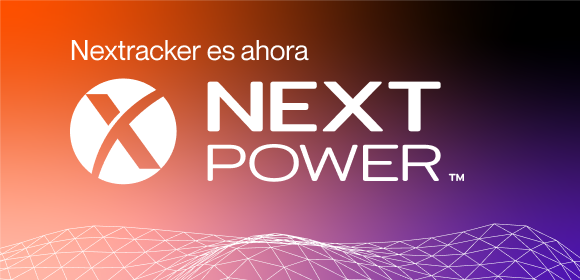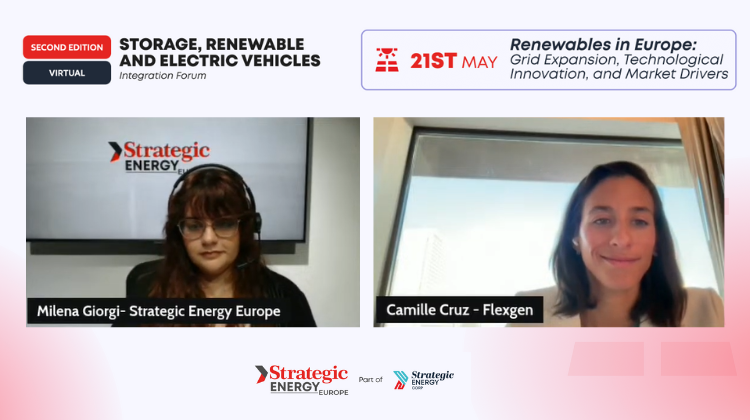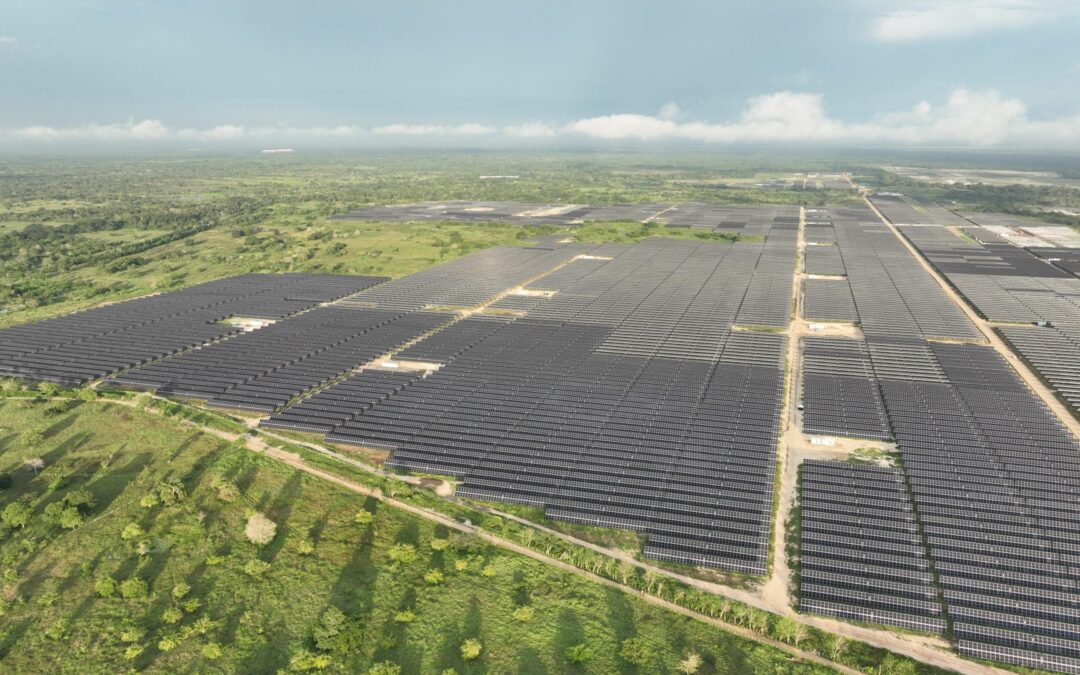Less than a month after the blackout that affected the Iberian Peninsula —triggering widespread concern over the urgent need to reinforce electricity grids— the debate on energy storage gained renewed momentum at the Storage, Renewable and Electric Vehicles Integration Forum, organised by Strategic Energy Corp, the group comprising Strategic Energy Europe and Mobility Portal Europe.
Notably, on 24 June, the third edition of FES Iberia 2025 will take place at Colegio Caminos (Auditorio Betancourt, C. de Almagro, 42, Chamberí) in Madrid. (Relive the previous edition here). The meeting will feature companies such as Iberdrola, Nextracker, Engie, Grenergy, Statkraft, Acciona Energía, Red Eléctrica, and EDP Renovables, alongside key representatives from Spain’s regional governments and Latin America. Key discussion topics will include solar and wind energy, energy storage, green hydrogen, distributed generation, PPAs, auctions, and new projects.
In the context of the Storage, Renewable and Electric Vehicle Integration Forum, FlexGen presented the key pillars of its European expansion strategy, focused on the deployment of its HybridOS software platform, the establishment of local technical support, and the consolidation of regional partnerships.
Camille Cruz Alfonzo, the company’s Director of Business Development, emphasised that the €75 million recently secured through a credit facility will enable FlexGen to scale up operations across multiple markets.
“We are seeking partnerships with developers and grid operators who are truly looking to enhance network reliability and integrate renewable systems more effectively through our software,” she stated.
FlexGen is a US-based technology company that develops and integrates large-scale energy storage solutions.
Her participation in the forum came amid a high-level discussion shaped by the urgency of the regional energy context. The recent crisis in the Iberian grid led to a significant increase in enquiries about storage solutions —particularly from commercial and industrial sectors seeking backup systems to avoid production losses during outages.
In sectors such as meat processing, refrigeration, and dairy, the economic impact was estimated between €1 billion and €1.3 billion.
Against this backdrop, FlexGen advocates for a comprehensive approach that combines technical interoperability, artificial intelligence, and localised support.
Through HybridOS, its AI-powered energy management platform, the company aims to support utility-scale and C&I projects in key European markets such as the United Kingdom, Germany, Spain, Finland, and Denmark.
The system enables real-time optimisation of charge and discharge cycles, forecasting of grid conditions, and revenue maximisation in dynamic electricity markets through intelligent analysis of energy data.
“HybridOS is our core platform. It’s designed to operate in any environment, regardless of the hardware provider,” explained Cruz Alfonzo.
A new push for digitalisation and cybersecurity
“We’re seeing growing adoption of digital twin models,” noted Cruz. This trend reflects the increasing need to minimise operational risks, enhance asset efficiency, and anticipate faults before they impact production or compromise the grid.
In an increasingly complex environment —where renewables, storage systems, and grids must operate in sync— virtual replicas that simulate real-time system behaviour enable more precise maintenance planning, operational adjustments, and long-term strategy development.
At the same time, the rise of digitalisation —especially in platforms like HybridOS that operate in real time and connect multiple distributed assets— has significantly broadened the attack surface for potential cyber threats.
Cybersecurity has become a priority for protecting critical infrastructure such as control platforms, inverters, batteries, and SCADA systems from sabotage, data manipulation, or remote disconnection.
In Europe, tightening regulatory frameworks are pushing companies to adopt more demanding protection standards. For Cruz Alfonzo, this trend also presents an opportunity to create added value through tools like HybridOS Analyze, which not only optimises system performance but also enables the creation of new business models.
“The industry is leveraging analytics not only for technical optimisation, but also to unlock new revenue streams such as energy trading and demand response,” she explained.
Technical centres and regional partnerships
FlexGen’s European growth strategy also relies on progressive localisation. The company is currently working on the development of technical support and engineering hubs in key markets, aiming to replicate —at a regional level— the capabilities it currently offers from its lab in Durham, North Carolina.
“We want to be able to deliver those services locally,” Cruz Alfonzo said, “to ensure faster response times and a more tailored customer experience.”
At the same time, the company is strengthening its alliances with suppliers, EPCs, and European manufacturers, in line with its goal of building a resilient supply chain and adapting to the technical and regulatory standards of each national market.
This regional network will facilitate more efficient project execution and deeper integration with grid operators.


























